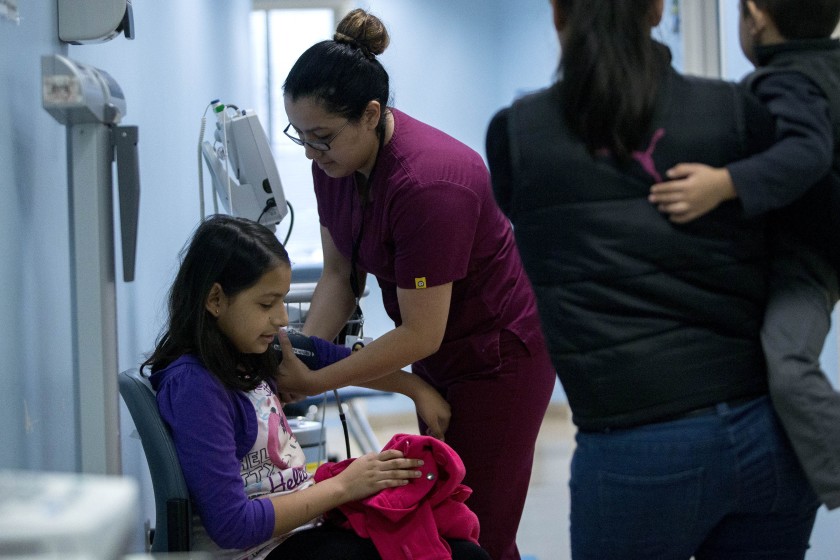Few physician practices and hospitals in the United States screen patients for all five key social needs associated with health outcomes.
That’s the finding of a cross-sectional study conducted by The Dartmouth Institute for Health Policy and Clinical Practice.
Researchers leveraged national survey data from 2,190 physician practices and 739 hospitals to assess the prevalence of screening for five social needs—food insecurity, housing instability, utility and transportation needs, and experience with interpersonal violence.
While most physician practices and hospitals are screening patients for at least one social need, the study found that only about 24 percent of hospitals and 16 percent of physician practices reported screening for all five key social needs.
“Federally qualified health centers and physician practices participating in bundled payments, primary care improvement models, and Medicaid accountable care organizations screened more than other hospitals, and academic medical centers screened more than other practices,” according to the results of the study published this week in JAMA Network Open.
Overall, practices that serve more economically disadvantaged patients reported higher screening rates. In addition, screening for interpersonal violence was the most common and screening for utility needs was least common among both hospitals and practices.

Andrew Harrer/Bloomberg
The study’s authors cite the lack of financial or staffing resources, time and incentives as the main barriers to supporting physicians and hospitals to screen patients for social needs.
“Hospitals may have more resources, including staffing, financial and technological, as well as more processes, protocols and standardization in care delivery, which may explain higher screening rates among hospitals compared with physician practices,” observe the authors. “Physicians and hospitals, who are already strapped for time and have competing priorities, may be hesitant to screen patients for social needs when they have no real capacity or ability to address those needs.
“We believe that systematic use of screening is a required first step to attend to social needs and improve health,” says lead author Taressa Fraze, a research scientist at The Dartmouth Institute for Health Policy and Clinical Practice. “Addressing resource barriers, such as time, information, and money, may be a key element in supporting physicians and hospitals in their efforts to screen patients for these important needs.”
“Given the current focus on social needs from state and federal policymakers, payers, and providers, it seems likely that pressure on physicians and hospitals to identify and begin addressing patients’ social needs will continue,” adds Fraze.
